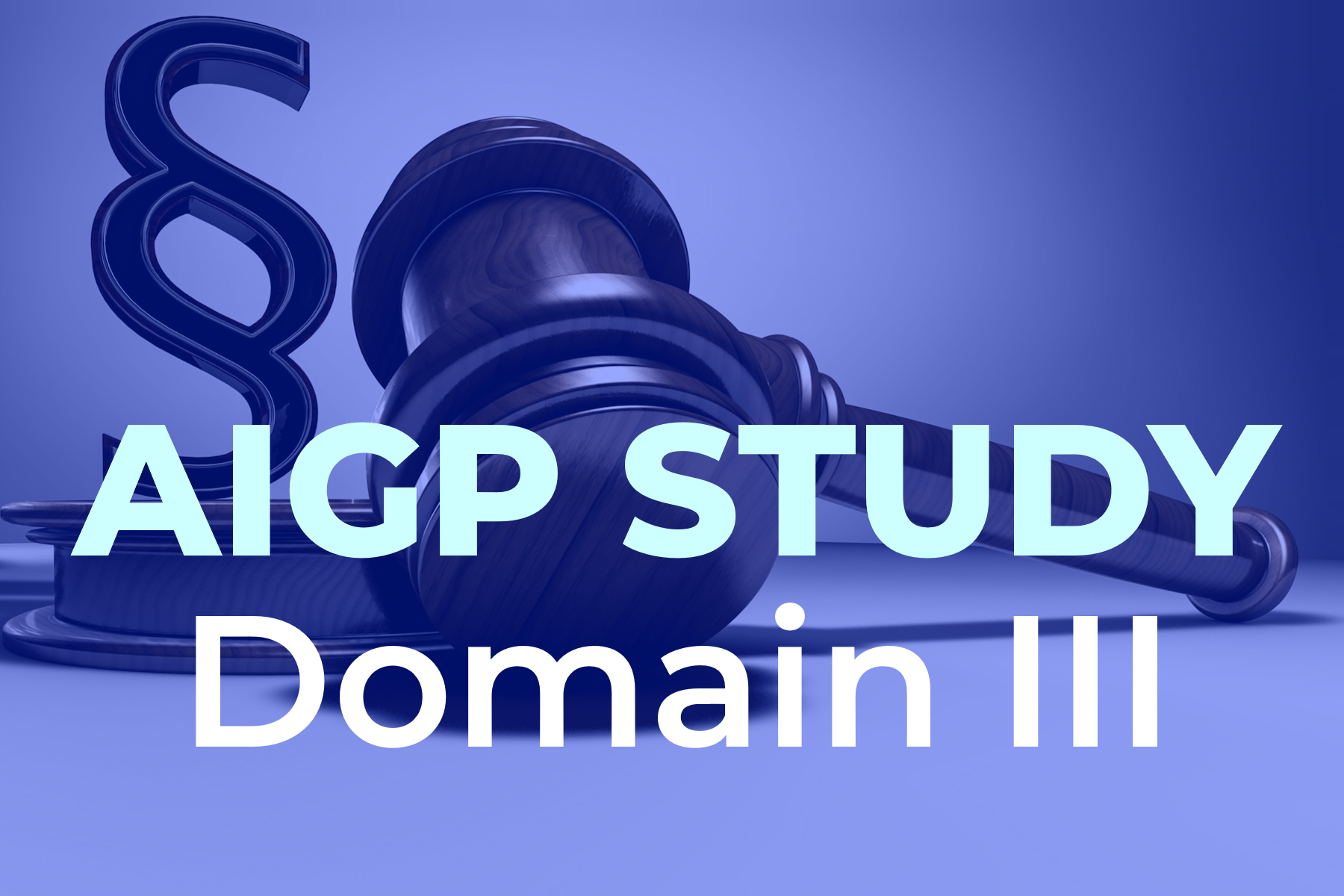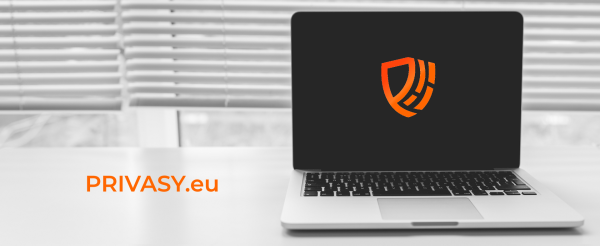The Effect of AI on Current Laws and Regulations
Welcome to our seven-week journey into the world of AI Governance! Over the coming weeks, we will be delving deep into each domain of the AIGP curriculum, providing you with a comprehensive understanding of their contents. Whether you're a seasoned AI professional or just starting out, our aim is to equip you with the knowledge and insights you need to navigate the complex landscape of AI governance. We encourage you to actively engage in the discussion by leaving comments and sharing valuable resources that can help fellow readers better comprehend the nuances of each domain. Together, we'll explore the key concepts, challenges, and solutions that shape the future of responsible AI. So, join us on this exciting educational journey, and let's dive into the world of AI governance together!
As artificial intelligence (AI) systems become increasingly prevalent in our lives, it is essential to understand how existing laws apply to their use. This is especially important for the future AI Governance Professionals, who are responsible for ensuring that AI systems are developed and deployed in a responsible and compliant manner.
This article will provide a comprehensive overview of the legal landscape surrounding AI, with a particular focus on the following areas:
- The wide range of laws that can potentially apply to AI systems, including unfair and deceptive practices laws, non-discrimination laws, product safety laws, intellectual property law, the EU Digital Services Act (DSA), and privacy laws.
- The General Data Protection Regulation (GDPR), the most comprehensive data protection law in the world, and how it applies to AI systems.
- Recent developments in liability law that are relevant to AI, such as the EU Product Liability Directive and Executive Order 14091 (EO 14091).
Understanding the existing laws that interact with AI use
The domain starts with understanding how current laws apply to AI systems and examines the wide range of laws that can potentially apply to AI systems. These laws can be broadly categorized into the following areas:
- Fairness and discrimination laws: These laws prohibit businesses from engaging in unfair or discriminatory practices, including those that are based on AI. For example, the Federal Trade Commission (FTC) enforces unfair and deceptive practices laws in the United States.
- Product safety laws: These laws require businesses to ensure that their products are safe, including AI systems. For example, the Consumer Product Safety Commission (CPSC) enforces product safety laws in the United States.
- Intellectual property law: This area of law protects the creative and inventive works of individuals and businesses, including AI systems. For example, the United States Copyright Office provides copyright protection for AI systems.
- Privacy laws: These laws protect the privacy of individuals' personal information, including the data that is used to train and operate AI systems. For example, the General Data Protection Regulation (GDPR) is the most comprehensive data protection law in the world.
Understanding key GDPR intersections
This third domain furthermore focuses on the GDPR, which is the most comprehensive data protection law in the world. The GDPR applies to any organization that processes the personal information of individuals located in the European Economic Area (EEA), regardless of the organization's location.
The GDPR has a number of implications for the development and deployment of AI systems. For example, the GDPR requires organizations to conduct data protection impact assessments (DPIAs) for certain types of high-risk AI systems. The GDPR also gives individuals the right to request information about the logic of AI systems that make decisions that affect them.
Understanding liability reform
The last part of the domain examines recent developments in liability law that are relevant to AI. These developments include:
- EU Product Liability Directive: The EU Product Liability Directive was recently updated to address the specific challenges posed by AI systems. Under the new rules, victims of AI-related harm will benefit from a rebuttable presumption of causality, which means that they will not need to prove that the AI system caused their harm in order to be compensated.
- Executive Order 14091 (EO 14091): EO 14091 is a US executive order that directs federal agencies to take steps to advance racial equity and support underserved communities. EO 14091 also requires federal agencies to consider the potential impacts of their AI systems on equity.
These developments are significant because they provide more clarity about who is responsible for damages caused by AI systems. This clarity is important for both businesses and individuals, as it can help to ensure that victims of AI-related harm are compensated and that businesses are held accountable for their products.
Conclusion
By understanding the legal landscape surrounding AI, AI governance enthusiasts and data protection experts can play a vital role in ensuring that AI systems are developed and deployed in a responsible and compliant manner. This is essential for protecting the rights of individuals and businesses, and for building trust in AI technology.
In addition to the legal landscape surrounding AI, we should consider the ethical implications of AI. For example, what are our obligations to people who are harmed by AI systems, even if the producers of those systems are not legally liable? How can we ensure that AI systems are used in a way that is fair and just?
These are complex questions that do not have easy answers. However, it is important to start thinking about these issues now, as AI becomes increasingly integrated into our lives. It seems like there will be plenty to do for AI Governance Professionals.
Join our AIGP Study Group on Facebook and become a part of a community dedicated to shaping the future of AI governance. Together, we'll ensure that innovation harmoniously coexists with societal well-being and ethical values in the world of artificial intelligence. Stay tuned for more insights and knowledge in our upcoming articles, and let's embark on this journey to a brighter AI-powered future.



